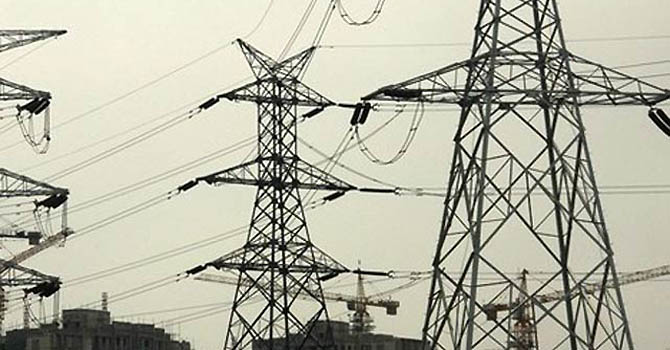
27 October 2015, Lagos – NIGERIANS have been thrown into confusion over whose authority supersedes on the issue of electricity tariff increase. No sooner than President Muhammadu Buhari, assured Nigerians that there will be no hike until supply improved significantly, than the Nigerian Electricity Regulatory Commission, NERC, last week declared a new tariff regime effective from November 1.
Stakeholders note that the new tariff is more than 40 percent higher than the current levels and will be the second time in nine months, even as there has been no significant improvement in the electricity supply situation in the country.
While some consumers admit to better supply in some locations, majority however, insist that the situation is even worse than before, as they enjoy the scarce commodity only for a few hours late into the night, when it is really of no use to them.
No justification: Reacting to the development, an advocacy group, Nigerian Electricity Consumers Advocacy, NECAN, said the recent “consultations” on tariff carried out by electricity distribution companies, DISCOS, were a mere trick to justify tariff hike.
According to NECAN President, Mr. Tomi Akingbogun, “We believe NERC is allowing the public to be over billed by allowing the DISCOs justify the increases. Otherwise, how can it be explained NERC allowed a tariff hike of 12.5 to 48 percent in January, and allowing same percent in October of that same year?
“NERC has allowed the DISCOs to take advantage of everyone and had changed the rules at will thereby breaking all the rules. The condition given to them was to ensure that customers are metered before complaining of losses.” He therefore called on the President Buhari to keep his promises to Nigerians and discourage the exploitation by the DISCos.
Costs evaluation: Also commenting, the Director General, Lagos Chambers of Commerce and Industry, LCCI, Mr. Muda Yusuf, said the proposed upward review in electricity tariff at this time is worrisome, as consumers should not be made to pay for inefficiency or corruption costs.
His words: “It is important to evaluate the elements of the current costs especially the integrity of procurement processes and other operational expenditure under the current dispensation. The risk of bloated costs is typically high with such enterprises, especially as they operate in a monopolistic environment.
“Pricing is only one component (although fundamental) in the power reform process. There are other issues such as the gas availability, security of gas infrastructure, adequacy of investment in gas infrastructure, security and adequacy of the transmission lines, and the general framework to mitigate the risk of investment in the sector.
“The problem of outrageous billing is yet to be addressed. The commitment to the provision of meters for electricity consumers to ensure fair billing is inadequate. A vast majority of consumers still have no meters.
Inadequaciesin billing
Yet this is fundamental to a good relationship between the power firms and their customers. Many consumers feel exploited at this time because of the inadequacies in billing. The contentious fixed charge is still in place. “It is heart rending that the choice of locations of many of the Independent Power Projects, IPPs, was informed more by politics than the economics of power generation.
“Access to a major input in power generation, which is gas, was not sufficiently taken into account. This reality has badly affected the cost profile of the IPP projects. All these are complications and challenges on the path of the power sector productivity,” he maintained.
Breaking the law: According to Section. 76 of the Electric Power Sector Reform Act. MYTO 1.0 states that there will be no increase until 2017, and only 5% will be allowed. DISCOs were given two years to meter all customers. But they refused saying there was no money. Grant was given them, they refused to access it.
Alternatively, customers were asked to fund meter purchase and be refunded from their bills. But for three to four years or more down the line, nothing has been done to that effect. The law does not recognise estimated billing. NERC should stop the practice, but instead it allows it on the excuse that DISCOs must make profit.
Presently, only about 40 percent electricity users are metered. How does NERC want the DISCOs to make profit from the 40% customers captured? This is the question begging for answer if the plan is not to allow them make super profits before metering everyone.
No valid basis for hike: Against this backdrop, the Nigerian Association for Energy Economics, NAEE, condemned attempts by the DISCOs and NERC to increase electricity tariffs, saying that there is no valid and empirical basis for any sort of increase.
*Ediri Ejoh – Vanguard



